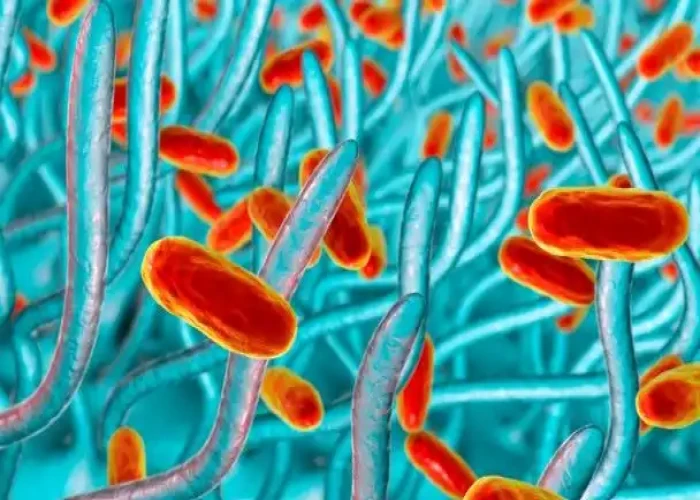 Welcome
Welcome
“May all be happy, may all be healed, may all be at peace and may no one ever suffer."
Whooping cough

Whooping cough, also known as pertussis, is a highly contagious bacterial infection that primarily affects the respiratory system. It is caused by the bacterium Bordetella pertussis and is characterized by severe coughing fits that can be accompanied by a distinctive "whooping" sound when the person breathes in after coughing.
Whooping cough can affect people of all ages, but it is most severe in infants and young children, particularly those who are not fully vaccinated. The symptoms of whooping cough typically develop within 5-10 days after exposure to the bacteria and can include:
- Runny or stuffy nose
- Mild cough
- Low-grade fever
- Severe, persistent coughing fits that may be followed by a high-pitched "whoop" sound
- Vomiting or exhaustion after coughing fits
In infants, whooping cough can also cause apnea, a pause in breathing, or a blue or purple appearance of the skin.
Whooping cough can be diagnosed through a combination of physical examination, medical history, and laboratory tests, such as a throat culture or blood test.
The treatment for whooping cough typically involves a course of antibiotics to kill the bacteria and relieve symptoms. People with severe whooping cough may need to be hospitalized for treatment, particularly infants and young children.
Prevention is key in managing whooping cough. Vaccination is the most effective way to prevent whooping cough, and the Centers for Disease Control and Prevention (CDC) recommends that children receive a series of vaccines against pertussis, starting at 2 months of age. In addition, adults who are in close contact with infants, such as parents and healthcare workers, should receive a booster vaccine to reduce the risk of transmitting the disease.
Research Papers
Disease Signs and Symptoms
- Runny nose
- Nasal congestion
- Watery eyes
- Fever
- Cough
- Nausea or vomiting
- Face is blue
- Fatigue (Tiredness)
- Whooping cough
Disease Causes
Whooping cough
Whooping cough is caused by a type of bacteria called Bordetella pertussis. When an infected person coughs or sneezes, tiny germ-laden droplets are sprayed into the air and breathed into the lungs of anyone who happens to be nearby.
Disease Prevents
Whooping cough
The best way to prevent whooping cough is with the pertussis vaccine, which doctors often give in combination with vaccines against two other serious diseases — diphtheria and tetanus. Doctors recommend beginning vaccination during infancy.
The vaccine consists of a series of five injections, typically given to children at these ages:
- 2 months
- 4 months
- 6 months
- 15 to 18 months
- 4 to 6 years
Vaccine side effects
Side effects of the vaccine are usually mild and may include a fever, crankiness, headache, fatigue or soreness at the site of the injection.
Booster shots
- Adolescents. Because immunity from the pertussis vaccine tends to wane by age 11, doctors recommend a booster shot at that age to protect against whooping cough (pertussis), diphtheria and tetanus.
- Adults. Some varieties of the every-10-year tetanus and diphtheria vaccine also include protection against whooping cough (pertussis). This vaccine will also reduce the risk of your transmitting whooping cough to infants.
- Pregnant women. Health experts now recommend that pregnant women receive the pertussis vaccine between 27 and 36 weeks of gestation. This may also give some protection to the infant during the first few months of life.
Preventive medications
If you've been exposed to someone who has whooping cough, your doctor may recommend antibiotics to protect against infection if you:
- Are a health care provider
- Are pregnant
- Are younger than age 12 months
- Have a health condition that could put you at risk of severe illness or complications, such as a weakened immune system or asthma
- Live with someone who has whooping cough
- Live with someone who is at high risk of developing severe illness or complications from a whooping cough infection
Disease Treatments
Infants are typically hospitalized for treatment because whooping cough is more dangerous for that age group. If your child can't keep down liquids or food, intravenous fluids may be necessary. Your child will also be isolated from others to prevent the infection from spreading.
Treatment for older children and adults usually can be managed at home.
Medications
Antibiotics kill the bacteria causing whooping cough and help speed recovery. Exposed family members may be given preventive antibiotics.
Unfortunately, not much is available to relieve the cough. Over-the-counter cough medicines, for instance, have little effect on whooping cough and are discouraged.
Disease Diagnoses
Disease Allopathic Generics
-
Erythromycin (Oral)
Bordetella pertussis is not susceptible to any antibiotics. However, erythromycosis medication given in the first week can reduce the severity of the infection.
-
Multivitamin & Multimineral
Whooping cough is a chronic and extremely debilitating disease. Children should take special care with food during this time. Vitamin medicine should be given.
10-20 drops 2-3 times a day depending on age.
-
Paracetamol
A heavy cough can cause chest pain. Any medicine like paracetamol for that.
Depending on the age, half a spoonful of one spoonful 3 times a day.
-
Vitamin B complex
1 spoon 2-3 times a day.
Disease Ayurvedic Generics
Disease Homeopathic Generics
Disease yoga
Whooping cough and Learn More about Diseases
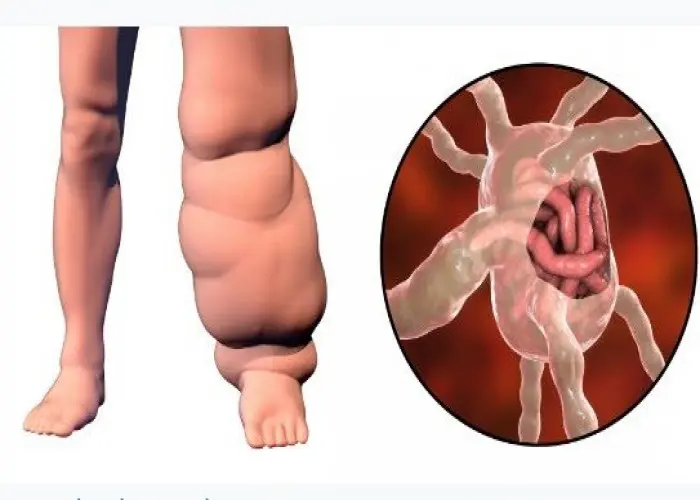
Filaria
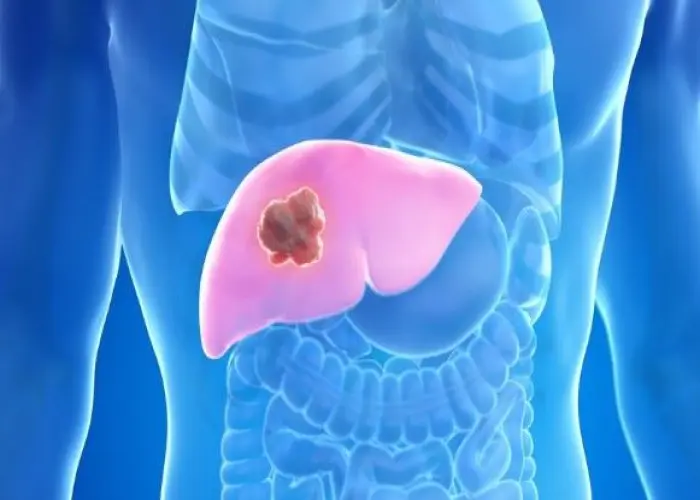
Hyperoxaluria and oxalosis
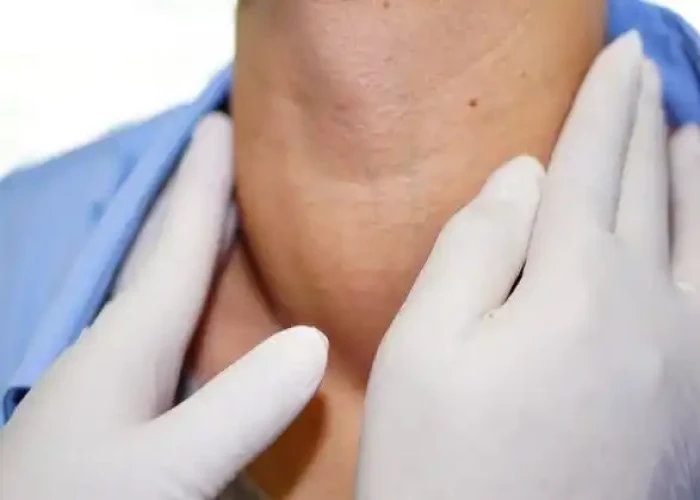
Thyroid nodules
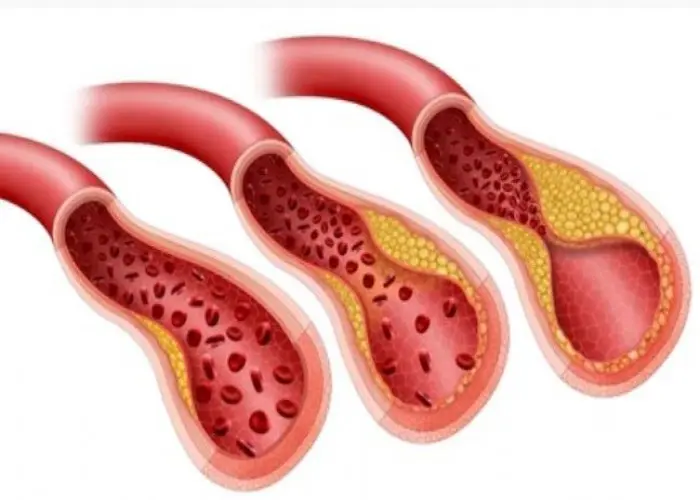
Carotid artery disease

Amyloidosis

Botulism

Spinal cord tumor
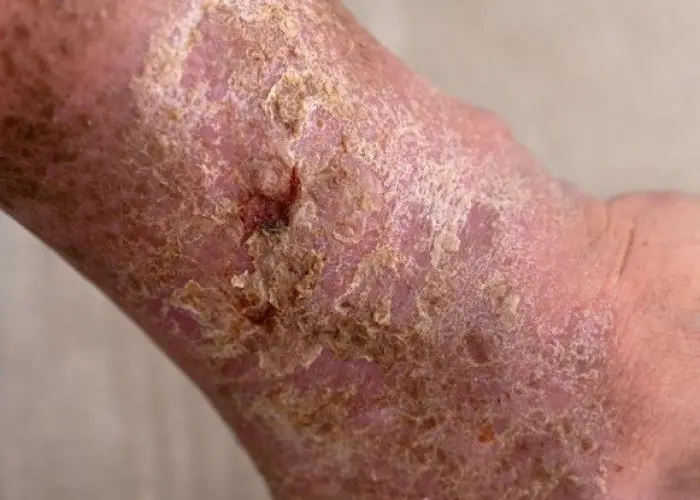
Gangrene
whooping cough, হুপিং কাশি
To be happy, beautiful, healthy, wealthy, hale and long-lived stay with DM3S.
